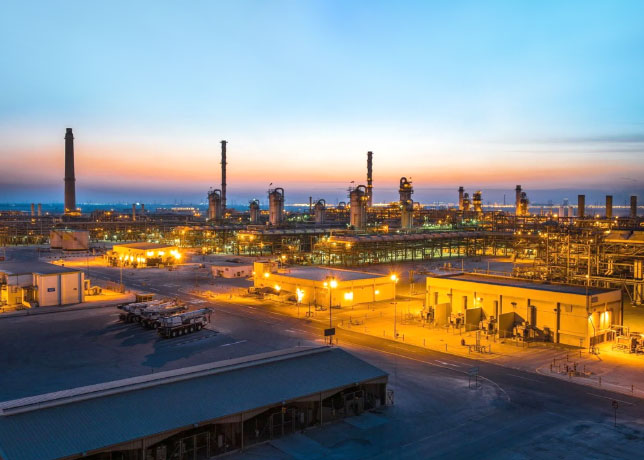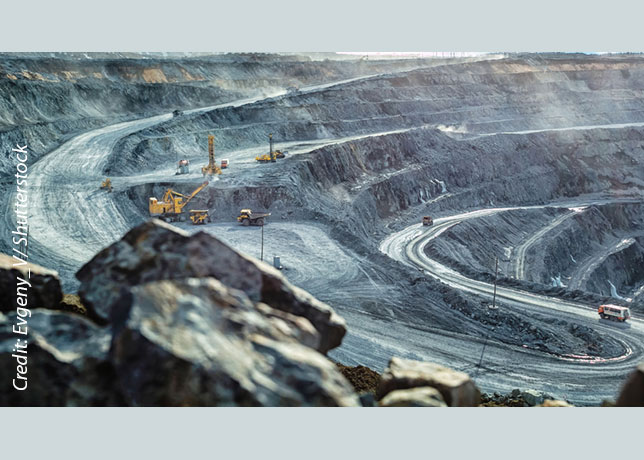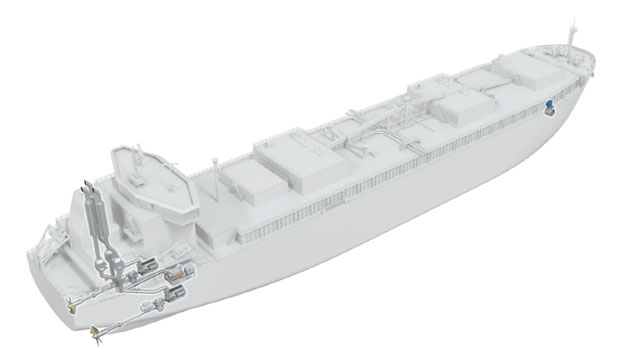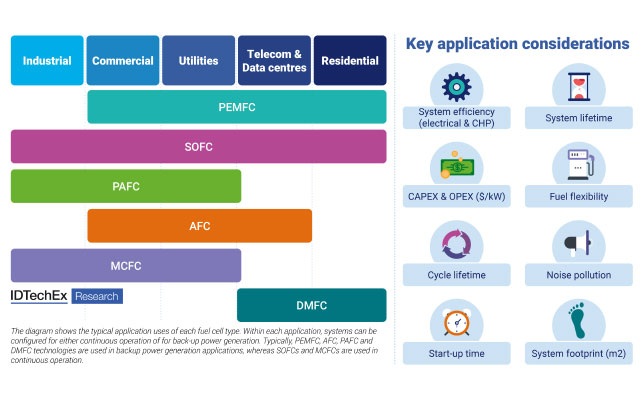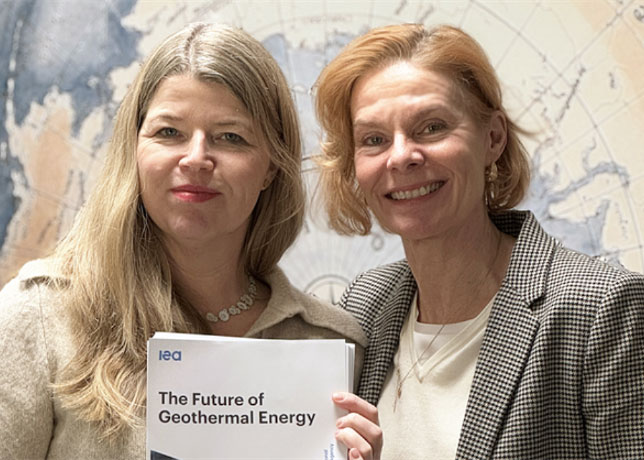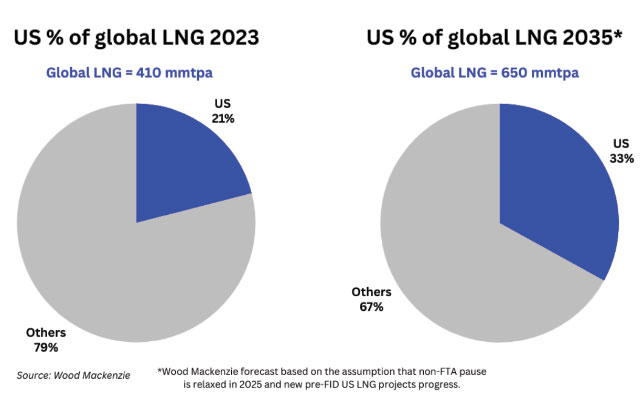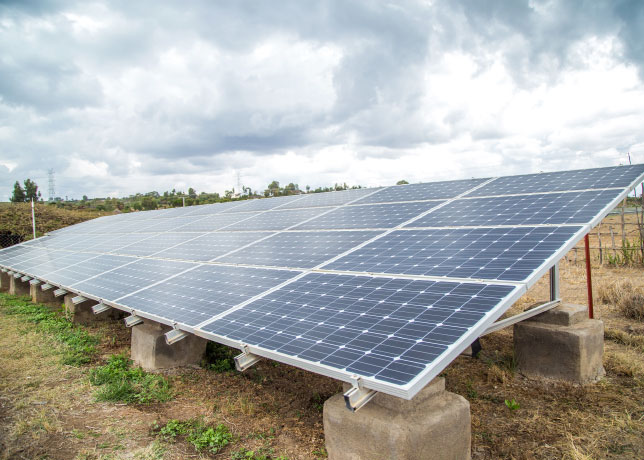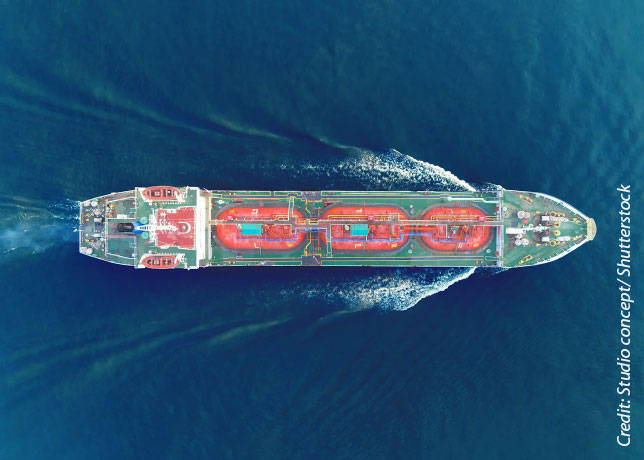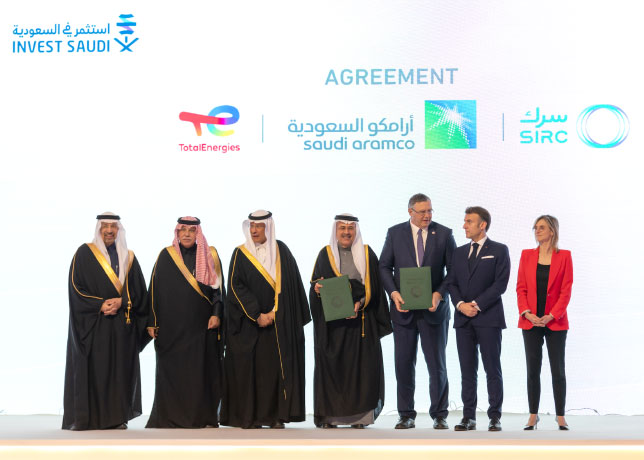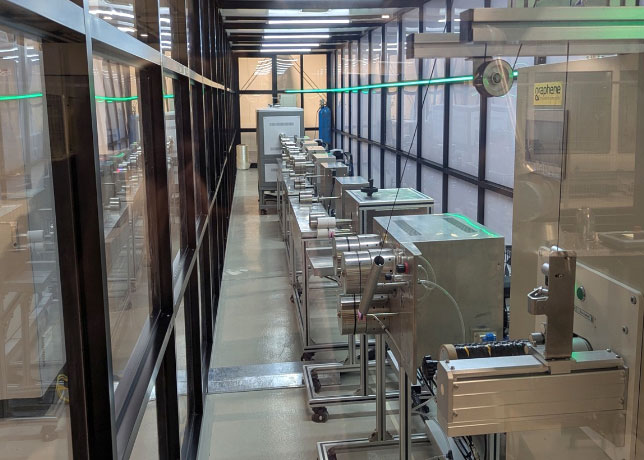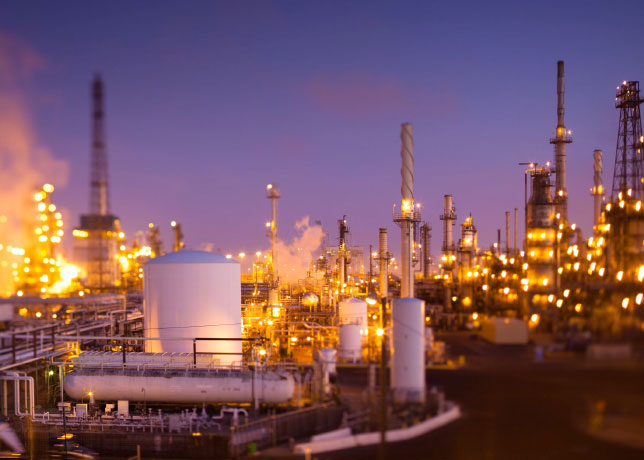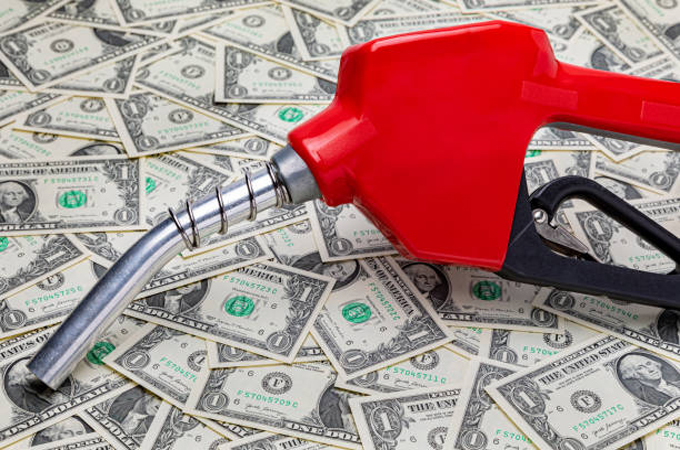 Image by JJ Gouin/ iStock
Image by JJ Gouin/ iStock
Global diesel prices and refining margins spiked following the latest round of US sanctions on Russia's oil trade on expectations the measures would tighten supplies, according to analysts and LSEG data.
The US imposed its toughest sanctions on Russian producers and tankers yet on Jan. 10 to curb the world's No. 2 oil exporter's revenue for its war in Ukraine.
Many of the newly-targeted vessels, part of what is called a shadow fleet that seeks to circumvent Western restrictions, have been used to ship oil to India and China. Refiners in those countries have benefited from cheap Russian imports that were banned in Europe following Moscow's invasion of Ukraine.
"Diesel [profit margins] are up following news on the sanctions, and we expect meaningful disruptions to Russian diesel exports," said Energy Aspects analyst Natalia Losada. She added that at least 150,000 barrels per day (bpd) of Russian diesel exports from Gazprom Neft and Surgutneftegas refineries are at risk.
The premium of the first-month European diesel benchmark contract to that six months later spiked to $50.25 a metric ton, a 10-month high, LSEG data shows.
The diesel market was already in backwardation, the term used for a market structure whereby nearby contracts trade at a premium to later delivery contracts. This usually denotes tight prompt supply.
Diesel refining margins stood at a five-and-a-half month high of $20 a barrel.
Cold weather in the northern hemisphere was already supporting diesel markets.
Asian diesel refining margins jumped 8 per cent on Monday to above $17 a barrel, the largest gain since September, before easing to about $16.50 a barrel.
US diesel futures surged more than 5 per cent on January 10, their biggest daily gains since October, and hit a six-month high of $111 per barrel. Front month diesel is commanding an over $10 premium over the sixth-month contract, the largest premium in almost a year.
Traders and refiners are factoring the higher crude costs into fuel prices and refining runs, two Singapore-based trade sources said, adding that lower Russian diesel flows are unlikely to have a big impact on Asian markets directly.
Even with higher diesel margins, Asia's complex refining margins have weakened as crude prices have gained at a much faster pace than refined product prices, a third source said.
Dubai cash prices rose by 8.5 per cent from last Friday, while Singapore February gasoil swaps only climbed 5.5 per cent in the same time period.
Singapore's complex refining margins, Asia's bellwether, hovered at five-month lows of 17 cents per barrel, LSEG pricing data showed.
Europe, which before the 2022 Western sanctions, was the top buyer of Russian diesel, switched to supplies from India, the Middle East and the US to cover the shortfall.
While most of the 183 sanctioned vessels have been used to move crude and fuel oil rather than diesel, there are concerns the sanctions could impact refinery runs in India and China, cutting their diesel production and exports to Europe, Sparta Commodities analyst James Noel-Beswick said.
Russia's biggest diesel buyers, Turkey and Brazil, would need to find alternative sellers like the US and Middle Eastern countries in case Russian supplies are significantly disrupted, he added, increasing competition for European buyers.
Other analysts say the market would eventually adapt to the new sanctions.
"We don't actually expect to see any major changes in Russian product flows, as the same volumes can travel to the same destinations, just using non-sanctioned tankers," FGE Energy analyst Eugene Lindell said. -Reuters






